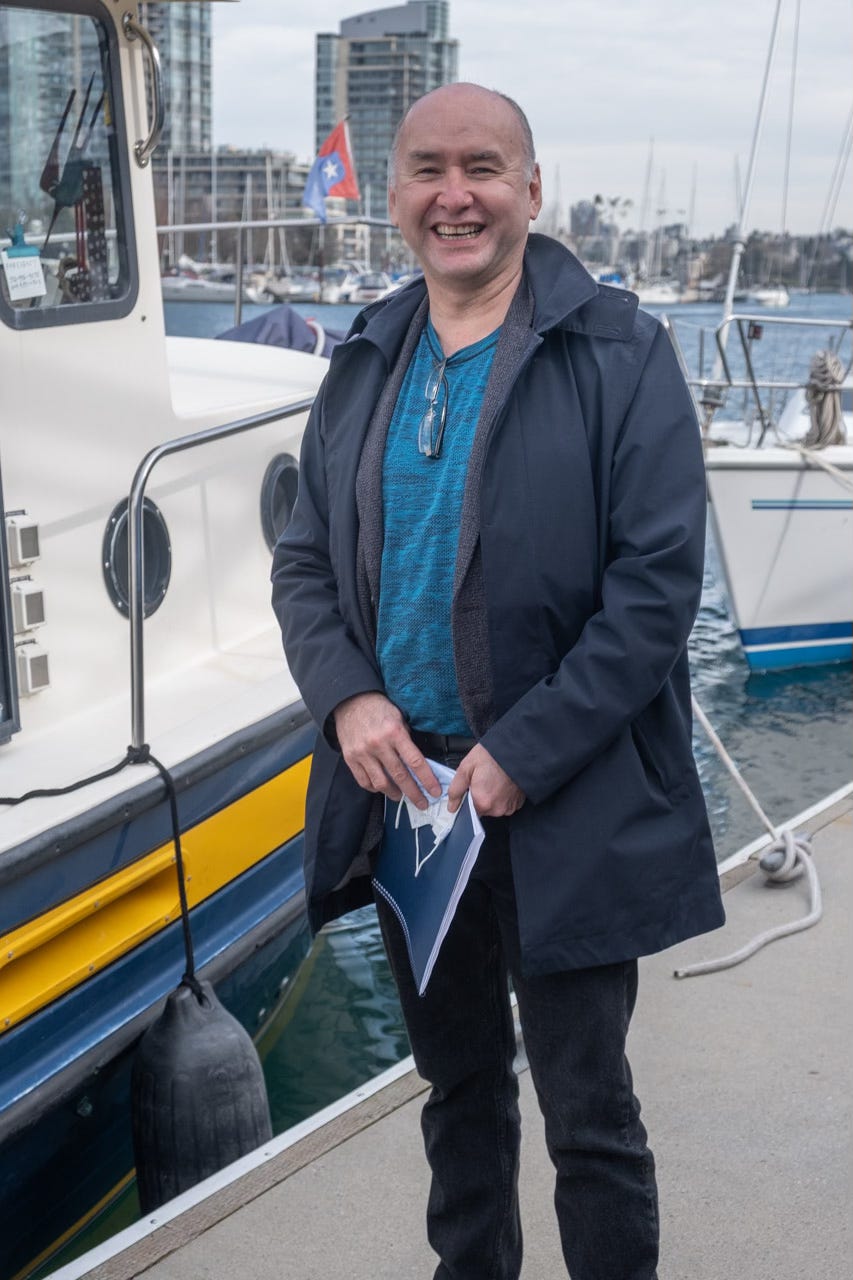Skeena MLA Ellis Ross to run in Skeena–Bulkley Valley for Conservatives in next federal election
Ross' plans signal a major shift in B.C.'s political landscape

Skeena MLA Ellis Ross has decided not to seek re-election as an MLA in the upcoming provincial election this October. The Skeena Reporter has learned that Ross is shifting his political focus to the federal level, where he plans to run under the Conservative banner in the next federal election, expected by October 2025.
Ross, a key figure in BC's political landscape, is set to officially announce his intention to represent the Conservatives in the Skeena–Bulkley Valley riding on Wednesday. His move marks a significant shift in his political career, which began with a strong victory in Skeena for BC United, which was formerly known as the BC Liberal Party. Despite an unsuccessful bid for the leadership of the BC Liberals in 2021, losing to Kevin Falcon, Ross has remained an influential voice within the party that later rebranded as BC United.
Under the leadership of former BC Premier Christy Clark, Ross was recognized as a rising star, holding significant portfolios including Natural Gas Development Minister and Housing Minister. His earlier political experience includes his role as Chief Councillor for the Haisla Nation, where he played a crucial role in negotiating a $50 million agreement with Kitimat LNG for the establishment of a liquefied natural gas plant.
Ross's decision comes as Conservative Leader Pierre Poilievre intensifies his campaign efforts in British Columbia. Poilievre is scheduled to host a rally in Prince Rupert on Tuesday, a day before Ross's expected announcement.
The Skeena–Bulkley Valley riding, currently represented by former Smithers Mayor Taylor Bachrach has been a stronghold for the NDP since its formation in 2004. However, the Conservatives have been steadily increasing their presence in the area, narrowly losing by only 2,400 votes in the 2021 election. According to the latest projections from 338Canada.com, the Conservatives are highly likely to flip the seat, with a 94 percent chance of doing so in the next election.
